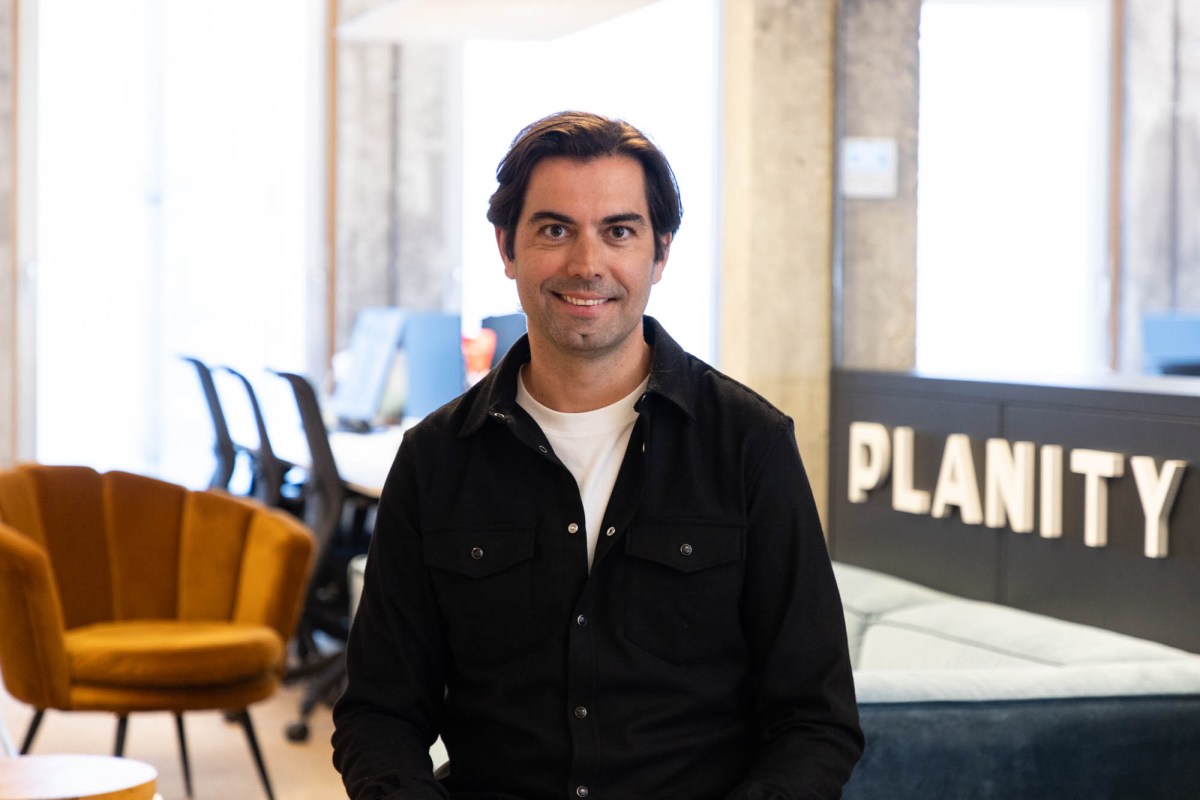Business
Planity raises $48 million because even hair salons need their own SaaS product

If you’ve ever traveled in rural areas in France, you may have realized a French peculiarity. Even in the seemingly less populated towns, there’s a hair salon.
French startup Planity has been taking advantage of France’s love affair with hair salons to launch a SaaS product for these businesses in particular. Over time, the company expanded to other types of beauty salons, such as barbers and nail salons.
And it has been working surprisingly well as there are now more than 40,000 small businesses relying on Planity for appointment booking and more. In fact, the startup recently raised a €45 million Series C round ($48 million at today’s exchange rate) in a round led by InfraVia Capital Partners with existing investors Crédit Mutuel Innovation, Revaia and Bpifrance’s Digital Venture fund also participating.
Planity’s trajectory is an interesting one given that it isn’t the first big European tech company trying to simplify beauty salon appointment booking. In particular, Treatwell is already live in a dozen European countries and had seemingly captured the digitization opportunity of this highly fragmented market.
Doctolib for beauty salons
So what’s different with Planity? The startup’s co-founder and CEO Antoine Puymirat first started working on online appointment booking in 2007. His first startup called ClicRDV was a white-label online booking solution for all sorts of businesses. It was acquired by Pages Jaune (now SoLocal).
After a few years working for SoLocal, he left the company and went back to the drawing board with a more focused approach. Instead of creating an all-encompassing appointment solution, he chose to focus on beauty salons specifically.
Around the same time, Doctolib was starting to take off. The French startup, which is now a unicorn, has completely changed appointment booking for doctors and other health-related jobs. Its impact is even bigger than that as it has profoundly changed how French people deal with health issues.
Planity drew some inspiration from Doctolib. It’s a SaaS platform that completely replaces the good old paper notebook that was widely used in hair salons. When people call for an appointment, employees write down the appointment in Planity directly. And, of course, people can also book appointments online through Planity’s app and website. It becomes the single source of truth and simplifies salon management.
Unlike Treatwell, Planity doesn’t charge a commission on each future sale. Instead, Planity is a traditional SaaS product with a monthly subscription fee. The main product currently costs €69 per month. (With a little back-of-the-envelope calculation, it means that Planity likely generates tens of millions of euros in annual recurring revenue.)
“Most of the existing players have adopted a traditional marketplace model like the one of Booking.com or TheFork,” Antoine Puymirat told me. “Clients pay a percentage of the total amount of each reservation. But we realized that this model wasn’t working as some businesses have been around for 15 years, but they never really reached a significant scale in Europe.”
According to him, the main issue is that most customers are returning customers. And you don’t want to pay a commission every time they book an appointment. With Planity, the more your customers use it to book appointments online, the less time you waste on the phone — and it doesn’t cost you more. That’s why beauty salons encourage their customers to use Planity.
“We go a bit further than that. We also let our businesses manage working hours. Employees can clock in and out in the morning and in the evening. We handle vacations. We can export payroll information,” Puymirat said.
Every month, around eight million people visit Planity. The platform handles around 10 million bookings per month — 4 million of them are booked directly by the end customers on Planity. Other appointments are entered manually by employees when a customer is talking to them directly.
The platform handles waiting lists, send reminders via text messages and creates a personalized schedule for each employee. Planity can also replace the point-of-sales solution for an additional €20 per month.
Some clients also get payment terminals from Planity. In that case, Planity uses Stripe’s APIs for the payment stack and takes a small cut on each transaction. But small shops that are already working with their bank for their payment terminals can keep using those terminals.
Up next, the company plans to handle wellbeing and fitness centers. Planity’s main market remains France — its home country — but the company is starting to grow in Belgium and Germany.
In addition to the fragmentation of the beauty salon industry, there’s a barrier to entry to create a Planity competitor. The company has a large sales team. They go and meet new clients to make sure that they understand how the software platform works.
This strategy is both capital intensive and requires a solid sales playbook to work. There are currently around 200 sales people working for Planity, and the company plans to hire even more.
-

 Entertainment7 days ago
Entertainment7 days agoI went to the ‘Severance’ pop-up in Grand Central Station. It was wild.
-

 Entertainment6 days ago
Entertainment6 days agoWhat’s new to streaming this week? (Jan. 17, 2025)
-

 Entertainment6 days ago
Entertainment6 days agoExplainer: Age-verification bills for porn and social media
-

 Entertainment5 days ago
Entertainment5 days agoIf TikTok is banned in the U.S., this is what it will look like for everyone else
-

 Entertainment5 days ago
Entertainment5 days ago‘Night Call’ review: A bad day on the job makes for a superb action movie
-

 Entertainment5 days ago
Entertainment5 days agoHow ‘Grand Theft Hamlet’ evolved from lockdown escape to Shakespearean success
-

 Entertainment5 days ago
Entertainment5 days ago‘September 5’ review: a blinkered, noncommittal thriller about an Olympic hostage crisis
-

 Entertainment5 days ago
Entertainment5 days ago‘Back in Action’ review: Cameron Diaz and Jamie Foxx team up for Gen X action-comedy





















